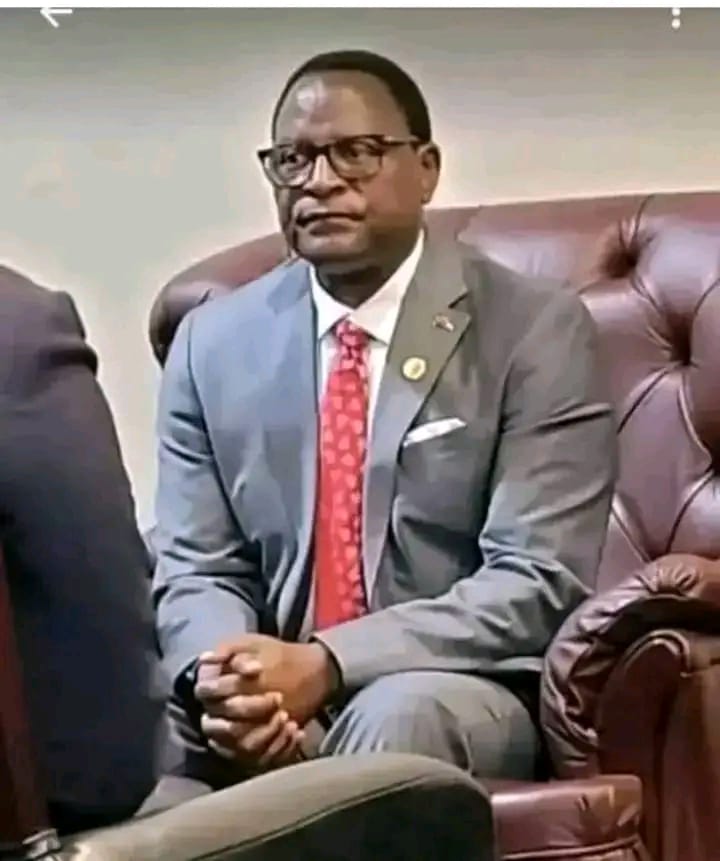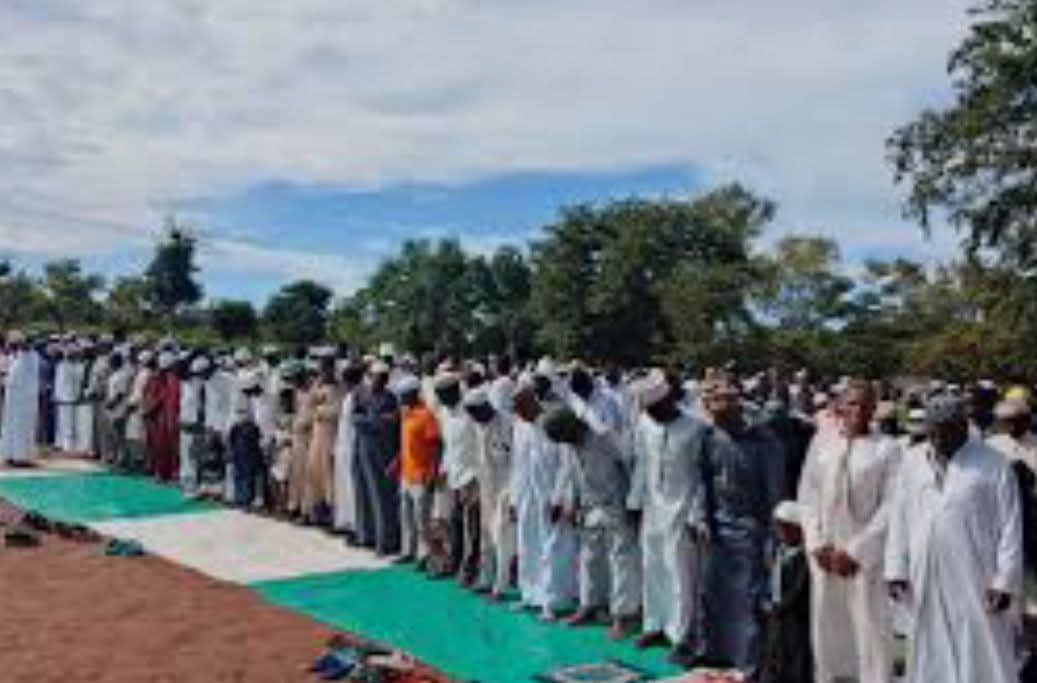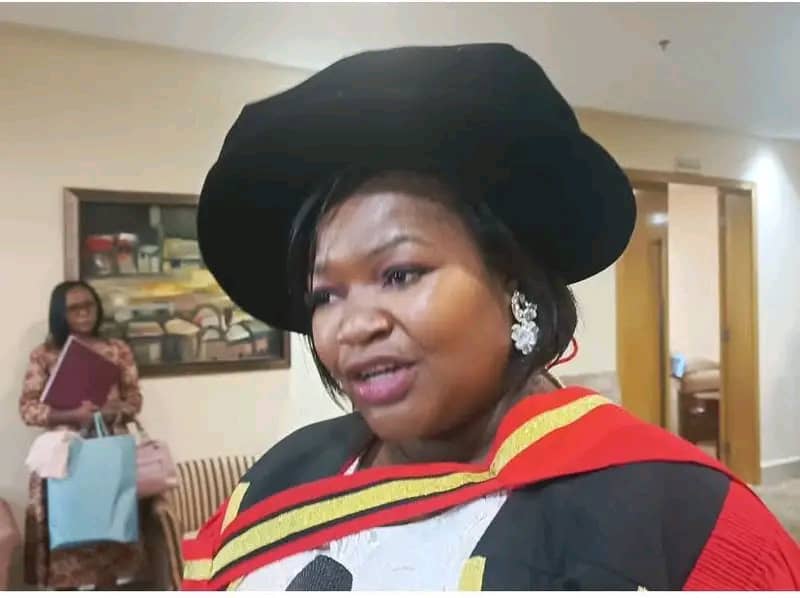By Jones Gadama
In a revealing investigation that strikes at the core of Malawi’s political and economic integrity, several former ministers from the Malawi Congress Party (MCP) regime under President Lazarus Chakwera stand accused of a series of grave offenses: abuse of office, corruption, and incitement of violence against the then opposition Democratic Progressive Party (DPP).
This exposé, brought to light by the MaraviPost investigative team, uncovers not only the alleged criminal activities but also the desperate attempts by some implicated senior MCP members to evade justice by fleeing the country.
The allegations are weighty. Former MCP ministers are reported to have exploited their government positions for personal gain, amassing substantial wealth without proper disclosure of its origins. Sources close to the investigation reveal a systematic pattern of corruption that drained Malawi’s public coffers, leaving the nation economically weakened and its citizens disenfranchised.
The abuse of office reportedly extended beyond financial misconduct to the sponsorship of political violence during a volatile period of Malawi’s democratic evolution, targeting members of the opposition DPP.
Fertilizer Scandal Sparks Hunger and Outrage in Malawi
What adds urgency to this unfolding drama is the discovery that some of these high-profile suspects are allegedly orchestrating their escape from Malawi.
Insider information obtained from trusted sources indicates that within this week, key figures implicated in these crimes are planning to flee the country via Mozambique.
The escape route is believed to be through the southern border at Mulanje, a porous frontier known for illicit crossings.
This revelation is compounded by confirmation from an immigration official, who disclosed that a prominent businessman, previously engaged in murky dealings with the MCP administration and having accumulated billions of kwachas, has already crossed into Mozambique, eluding Malawian authorities.
The situation raises critical questions about the effectiveness of Malawi’s border controls and the capacity of the government to hold powerful individuals accountable.
The looming threat of suspects absconding to neighboring countries could severely undermine efforts to restore justice and public trust in the nation’s institutions.
In a candid conversation, a senior government official assured that the current administration is not pursuing a politically motivated witch hunt but is committed to allowing the law to take its course.
“Those who have siphoned Malawi’s taxpayers’ money will be held accountable,” the official affirmed, emphasizing a commitment to transparency and justice irrespective of political affiliations.
This stance marks a significant departure from the previous MCP regime, which critics accuse of turning a blind eye to rampant corruption within its ranks.
Political and social commentator Mathews Namukhoyo echoed these sentiments, urging the immigration department to intensify scrutiny of former MCP cadres implicated in major crimes.
Namukhoyo stressed the importance of preventing suspects from leaving the country until thorough investigations are completed and any wrongdoing is conclusively established.
His call reflects widespread concern among Malawians that justice must not be compromised by unchecked escapes and political interference.
Amidst these developments, former President Peter Mutharika has received commendation for his determined approach to addressing Malawi’s economic challenges, which many attribute to the mismanagement and corruption under the Chakwera administration.
Critics have described Chakwera’s tenure as one marked by inefficiency and failure to act against corrupt officials, leading to widespread disenchantment.
The September 16 general elections, which resulted in a significant rejection of Chakwera and his Chewa supporters, symbolize a broader public repudiation of governance under his regime.
Rumors persist that Chakwera is currently in a “secret annex,” avoiding public scrutiny and the political fallout from his administration’s legacy.
While these reports remain unconfirmed, they underscore the deep divisions and tensions that continue to roil Malawi’s political arena.
This investigation shines a spotlight on the urgent need for robust governance reforms and stronger institutional checks to prevent the recurrence of such abuses.
The international community, which has long supported Malawi’s democratic journey and economic development, is watching closely as these revelations unfold.
The challenge now lies in ensuring that justice is not only pursued but delivered transparently and fairly, reinforcing the rule of law and restoring hope to a nation yearning for accountability and progress.
As Malawi navigates this critical juncture, the world observes whether the current government can dismantle the entrenched culture of impunity and uphold the principles of democracy and good governance.
The eyes of the international community remain fixed on Malawi, anticipating decisive action that will affirm the country’s commitment to justice and the welfare of its people.




